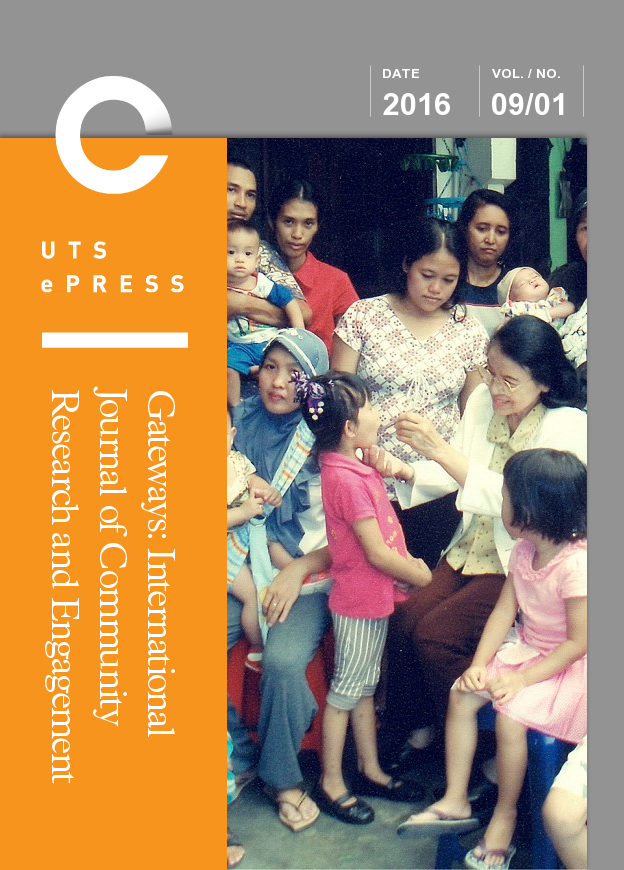Mobilizing Minds: Integrated knowledge translation and youth engagement in the development of mental health information resources
Main Article Content
Abstract
High rates of highly persistent mental health problems can have significantly damaging effects on young adults’ lives, and young adults are less likely to seek treatment for such problems. This article describes a unique Canadian knowledge translation project called Mobilizing Minds: Pathways to Young Adult Mental Health, which aimed to impact not only the mental health literacy of young adults, but to engage young adults in the entire research process from inception to dissemination of results. Knowledge translation is a process that involves producing and assessing the quality of the knowledge to be translated and tailoring the knowledge to be user friendly for particular segments of the population. The article gives particular attention to the ways in which the Mobilizing Minds project was influenced by youth engagement. We discuss three aspects: 1) structures, processes and communication; 2) project products; and 3) challenges and responses. Lessons learned specific to intergenerational collaboration will be of interest to youth as consumers of mental health information and services, mental health practitioners, researchers, and decision-makers seeking to improve mental health at a systemic level.
Keywords: knowledge translation, young adult, mental health, participatory research, youth engagement, youth-adult partnerships
Article Details
Issue
Section
Authors who submit articles to this journal from 31st March 2014 for publication, agree to the following terms:
a) Authors retain copyright and grant the journal right of first publication with the work simultaneously licensed under a Creative Commons Attribution License that allows others to share and adapt the work with an acknowledgement of the work's authorship and initial publication in this journal.
b) Authors are able to enter into separate, additional contractual arrangements for the non-exclusive distribution of the journal's published version of the work (e.g., post it to an institutional repository or publish it in a book), with an acknowledgement of its initial publication in this journal.
c) Authors are permitted and encouraged to post their work online (e.g., in institutional repositories or on their website) prior to and during the submission process, as it can lead to productive exchanges, as well as earlier and greater citation of published work (See The Open Access Citation Advantage Service). Where authors include such a work in an institutional repository or on their website (ie. a copy of a work which has been published in a UTS ePRESS journal, or a pre-print or post-print version of that work), we request that they include a statement that acknowledges the UTS ePRESS publication including the name of the journal, the volume number and a web-link to the journal item.
d) Authors should be aware that the Creative Commons Attribution (CC-BY) License permits readers to share (copy and redistribute the work in any medium or format) and adapt (remix, transform, and build upon the work) for any purpose, even commercially, provided they also give appropriate credit to the work, provide a link to the license, and indicate if changes were made. They may do these things in any reasonable manner, but not in any way that suggests you or your publisher endorses their use.
For Volume 6 (2013) and before, the following copyright applied:
Articles published by UTSePress are protected by copyright which is retained by the authors who assert their moral rights. Authors control translation and reproduction rights to their works published by UTSePress. UTSePress publications are copyright and all rights are reserved worldwide. Downloads of specific portions of them are permitted for personal use only, not for commercial use or resale. Permissions to reprint or use any materials should be directed to UTSePress.
